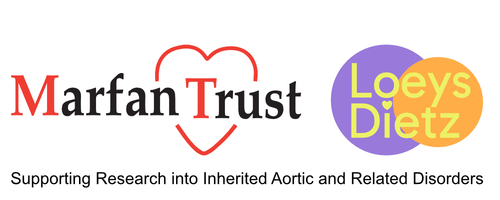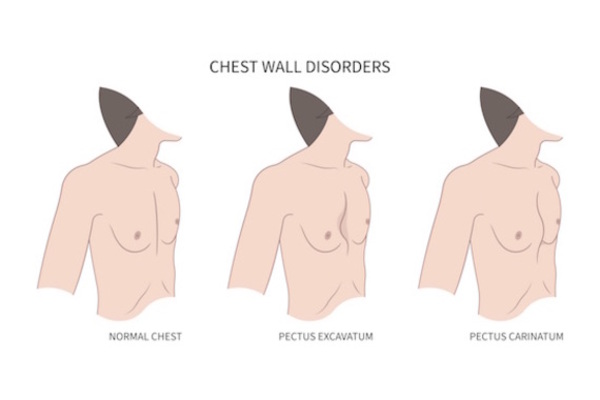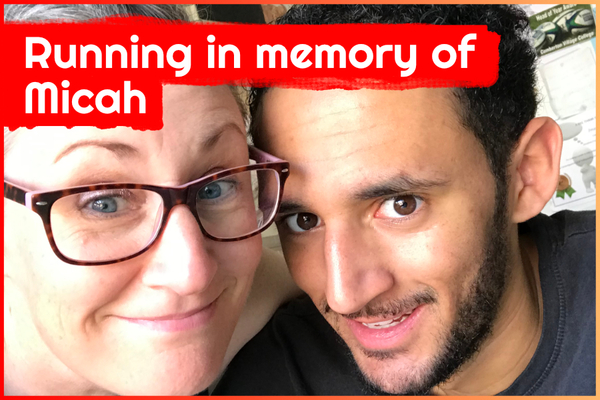After many discussions and much debate, NHS England has agreed a new approach to the treatment of pectus deformities. Dr Child joined a consortium of surgeons and physicians, to lobby for this important service development. Formerly, and controversially, NHS England has not funded pectus deformity surgery, viewing it not as a medical but cosmetic problem. This stance has changed, and NHS England will fund treatment for the most severe cases of pectus deformity, but only after a multi-disciplinary process of assessment. Read on …
Pectus deformities are abnormalities in the shape of a person’s chest wall. They are a known feature of Marfan syndrome and some other connective tissue disorders but can happen unrelated to these conditions. Pectus deformities can be present from birth, but the problem often becomes more pronounced during adolescence and periods of rapid growth.
At the Marfan Trust we are often contacted by members who are struggling with symptoms due to pectus but don’t know where to turn. Hopefully this will start to change thanks to some new guidelines and pathways championed by a dedicated group of cardiac and thoracic surgeons who are aware of the need for treatment options.
Most pectus deformities are mild and do not interfere with daily activity. However, a small proportion are severe and can cause both psychological and physical effects. The psychological effects can include issues with self-esteem, depression, withdrawal from activities that could ‘expose’ the chest (dancing/swimming) and avoidance of social situations like sleep overs, trips to the beach. This often coincides with puberty and teenage years when formation of strong friendship bonds is so important.
A very small minority of people with a severe pectus deformity can experience physical effects due to the compression of their heart or lungs. These can include breathlessness on exercise or with minimal exertion, difficulties swallowing due to pressure on the oesophagus, heart rhythm disturbances or blackouts due to compression of major blood vessels or the pumping chambers of the heart.
To date, there has not been a unified approach to treating pectus and NHS England have not always funded the surgery. However, determined work by surgeons from the Society for Cardiothoracic Surgery, Royal College of Surgeons of England, Royal College of Surgeons of Edinburgh, British Orthopaedic Association, British Association of Paediatric Surgeons, Royal College of Physicians and Surgeons of Glasgow in addition to input from our Medical Director, Dr Anne Child has raised the profile of intervention for pectus again and there is work in progress to create a new set of guidelines for treatment.
There will be a new pathway for referrals to ensure equitable access for all patients. Importantly, in individuals with pectus who do not have a diagnosis of a connective tissue disorder, like Marfan syndrome, there will be additional examinations and referral to genetic services if necessary to rule out a genetic cause of the pectus deformity.
Individuals with a pectus deformity should be referred to their local thoracic surgery service or paediatrician for review and baseline testing which needs to include the following:
• Cardiopulmonary Exercise Test (CPEX)
• Lung function test (to check for any other causes of symptoms)
• Echo scan of the heart (to check for any other causes of symptoms)
• MRI to assess Haller Index (measurement of distance between the front of the chest and the spine)
These tests give doctors quantifiable, objective measures of the pectus deformity and its effect on the body as well as ruling out other possible causes of symptoms. Once these tests have been completed the patient will be discussed in a national multidisciplinary meeting (MDT) so a joint decision can be made about treatment. This MDT will be based at St Bartholemew’s Hospital, London and will consist of specialist Cardiac Surgeons, Thoracic Surgeons and Cardiologists. Recommendations for surgery/non-invasive treatment or psychological support can be made.
The aim is to collect data from the MDT and from surgeries/non-invasive treatments performed to support further development of the service.
The treatments that should be available will include:
• Surgical - Nuss or Ravitch procedures
• Non-Surgical - Bracing (for pectus carinatum) or Vacuum Bell (for pectus excavatum)
• Psychological support
If you or a family member have a pectus deformity that is causing troubling symptoms, what do you do?
• See your GP and discuss your symptoms
• Ask for a referral to a specialist in your area who can examine you and if necessary, arrange the tests that are required
• If appropriate, your case will be referred to the MDT for review and a decision about treatment can be made by the experts in this field.
As with all surgery, these operations carry risks and need to be carried out in centres where complications can be dealt with in the event of any problems. For this reason, it may not always be possible to be treated in your local hospital.
The link to the latest NHS England guidelines can be found here:









